Done properly, ska-punk can drive positive rebellion and serve as a fierce, righteous example to young and old.
“We’re the Interrupters! We’re from Los Angeles, California!” the young guitarist announces over a fanfare, as the camera pulls back and reveals a four-piece band, plus a singer, and a crush of throbbing humanity in a tiny space. “And this first song is a protest song, but it’s also a unity song. Because there’s no room for any racism. There’s no room for any sexism. There’s no room for any homophobia. There’s no room for any bigotry, period. So let’s start tonight with a moment of unity. Everybody, put your hands in the air. We’re gonna clap together. Ready?”
As the mix of punk power chords and propulsive dance rhythms swells around her, singer Aimee Interrupter leads the 50 dancing souls through “Take Back The Power,” an anthem speaking truth to power:
What’s your plan for tomorrow?
Are you a leader or will you follow?
Are you a fighter or will you cower?
It’s our time to take back the power
And in four minutes, the Interrupters re-establish a long-known truth: Ska, especially when mixed with punk rock, is a great source of power and inspiration. It’s the voice of oppressed people everywhere. It’s a rallying cry that has a great, danceable beat. It takes your cries of rage and converts them to shouts of joy.
It began as Jamaica’s original indigenous pop music in the late 1950s, born of accidental inspiration leading to an exciting new rhythm. When that rhythm slowed down, reggae was born. In the late ‘70s, punk-inspired musicians in the U.K.—both Black and white—looked back to the original ska era as musical fuel for a new sound fusing the two styles, 2 Tone.

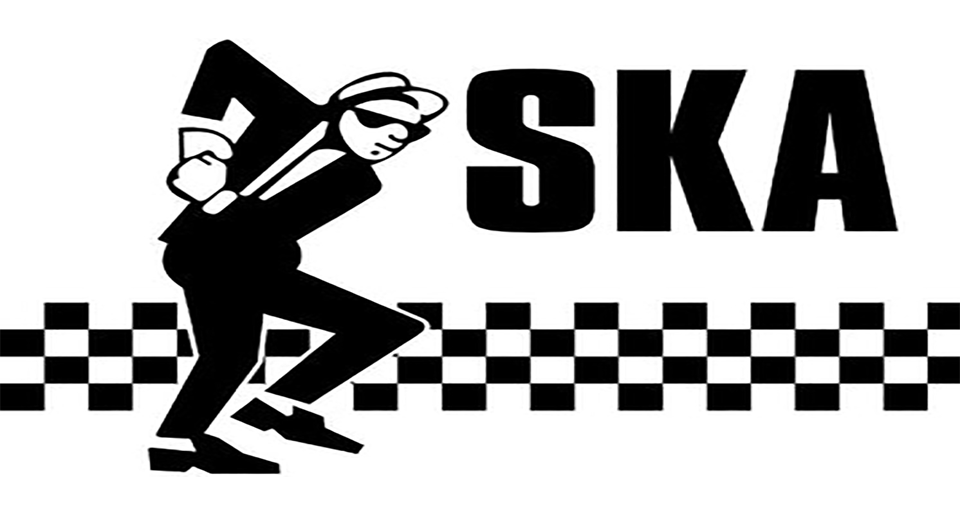

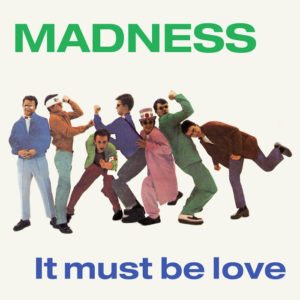

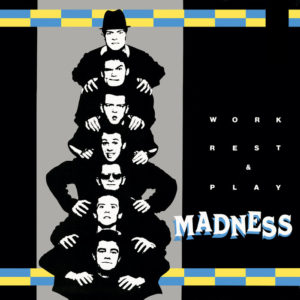
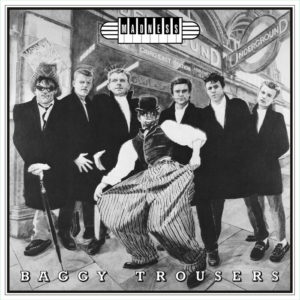
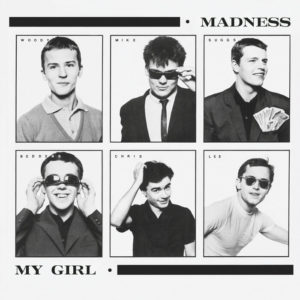
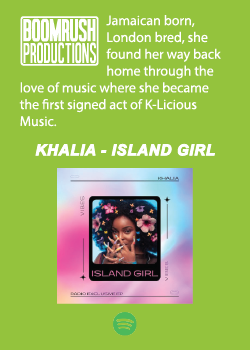
 -07:00
-07:00 -05:00
-05:00 -04:00
-04:00 +01:00
+01:00 +02:00
+02:00 +09:00
+09:00 +10:00
+10:00
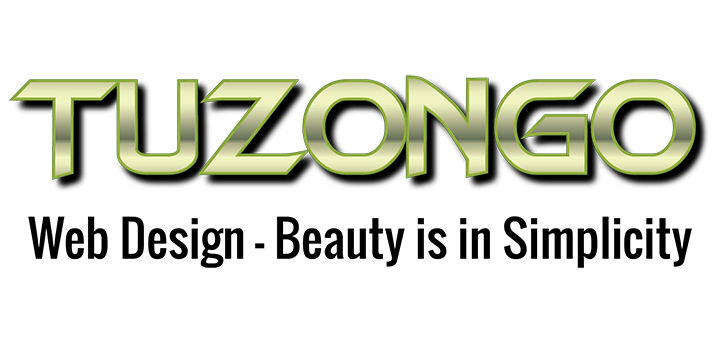


Get involved!
Comments